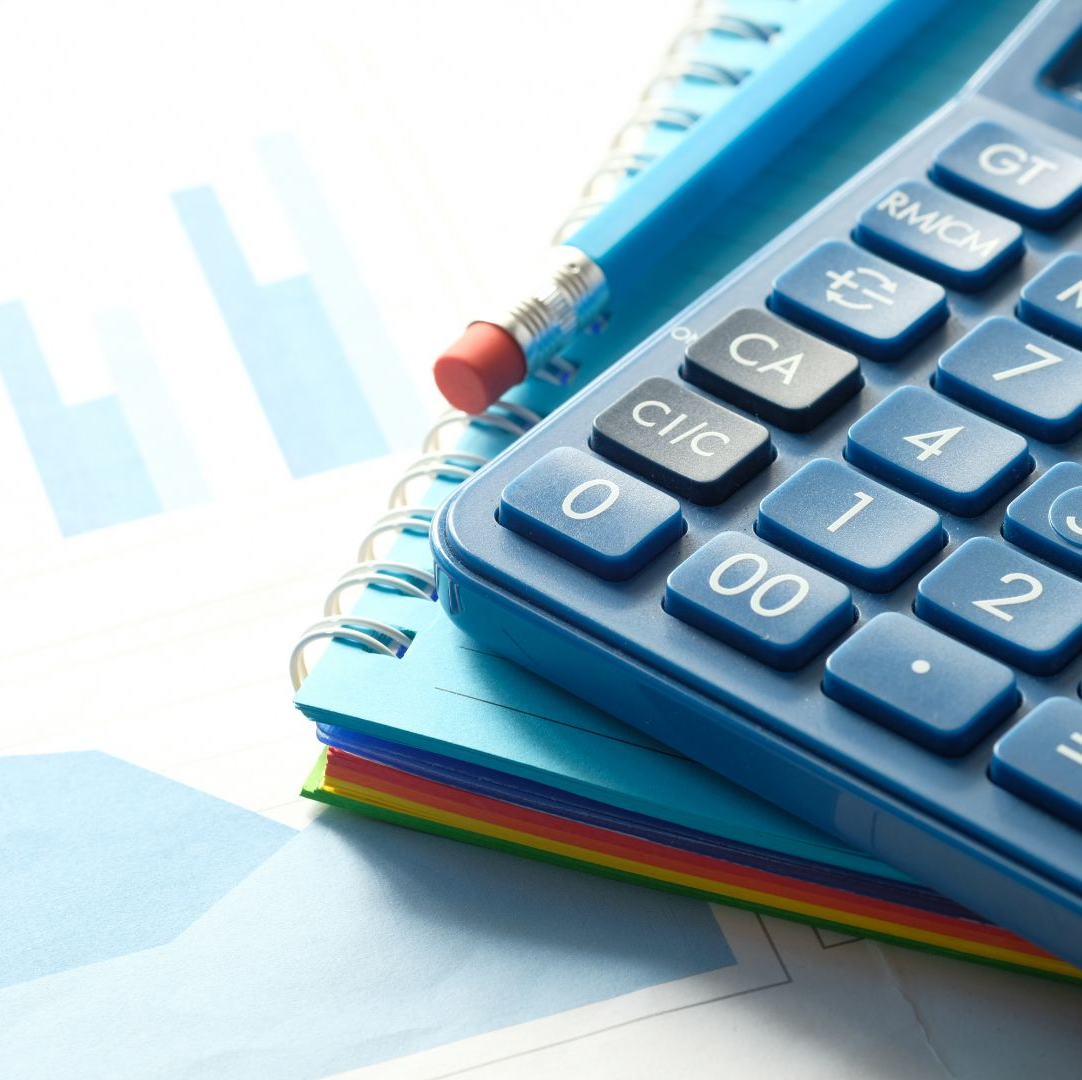According to a Bankrate poll, two-thirds of American consumers do not believe that their financial affairs will change this year, despite inflation being on the rise and consumer sentiment being at an all-time low. Despite the grim facts, you can still improve your finances. Start by making a daily to-do list and sticking to it. When taxes are due, most people only assess their finances once or twice a year. In uncertain times, when events happen rapidly, markets are unpredictable, and expenditures rise, it’s vital to evaluate your financial strategy and long-term financial objectives. Which method should you use? It’s essential always to have these ten chores on your financial to-do list.
Rewrite your budget after taking a close look at your expenses.
It’s a good idea to look at your bank and credit card accounts each month to see if any unnecessary or wasteful spending habits or trends can be removed. Get rid of everything that isn’t necessary, such as unused subscriptions to streaming music services or online newspapers.
Debts should be re-evaluated.
Reduce debt if it hasn’t already. Credit card interest prevents saving and investing. Extra payments should be made on the costliest card first. High-interest loans can be transferred to APR-free bank accounts. Up to 5% of the transferred amount may be charged.
Pay more into your 401(k) or another retirement plan.
You may enhance pre-tax 401(k) contributions and gain tax benefits when debt-free. You’ll have a lesser taxable income and deferred taxes. Your 401(k) earnings are automatically deposited and can grow with compound interest. You gain from the original investment and future profits, allowing you to build a large sum over time.
Consider creating a Health Savings Account (HSA).
If you have a high-deductible healthcare program, an HSA can lead to significant savings for medical bills not covered by your strategy by allowing you to contribute to your fund before taxes. Investments in an HSA are tax-deductible on the federal level, but in other areas, they aren’t. Another approach to preparing for retirement is investing part of your HSA account in mutual funds, equities, and bonds, which produce tax-free interest. Look at your last will.
Organize your finances and legal matters before you die so your family won’t have to. A living will and a healthcare directive are vital components of an estate plan. If you can’t handle your business, someone else can. Choose beneficiaries and offer burial and other last instructions. Start organizing your affairs by meeting with a financial advisor and lawyer.
Evaluate your insurance coverage.
Check your insurance policies to see if you have enough coverage or whether your deductibles need to be changed. It might not be easy to figure out how much life insurance to buy. Adding up all your long-term debts and assets is one approach to getting an idea of how much life insurance you’ll need. It would help if you got a life insurance policy that covers the rest of your family.
Plan for life’s unexpected twists and turns.
Any major life transition, such as buying a home, having a child, or buying a car, demands financial planning. Financial reorganization, more excellent insurance, or expert aid may be needed. Buying a vacation house for rental income might be difficult. Marriage entails financial obligations. College savings and life insurance can protect your family. State taxes and living costs vary significantly. Thus, many individuals relocate.
Tax deductions for a home office are available.
Using a portion of your house for work may be deductible if the pandemic has caused a change in your employment position or if you have formed a small company. It is important to remember that this must be your primary location of business. Because of the complexity of the tax regulations governing this benefit, it is recommended that you seek the advice of a tax expert with experience in home-based enterprises.
Your investments should be evaluated.
In uncertain times, people should focus on their assets. Consider your financial condition and long-term goals while evaluating your investment goals, risk tolerance, and portfolio balance. Consider how close you are to retirement and if your current allocation should be conservative or growth-oriented. Invest, save, and budget to achieve long-term financial objectives, including a comfortable retirement and lower taxes. Throughout the year, monitor your progress to keep on track.
Contact Information:
Email: [email protected]
Phone: 8777993433












